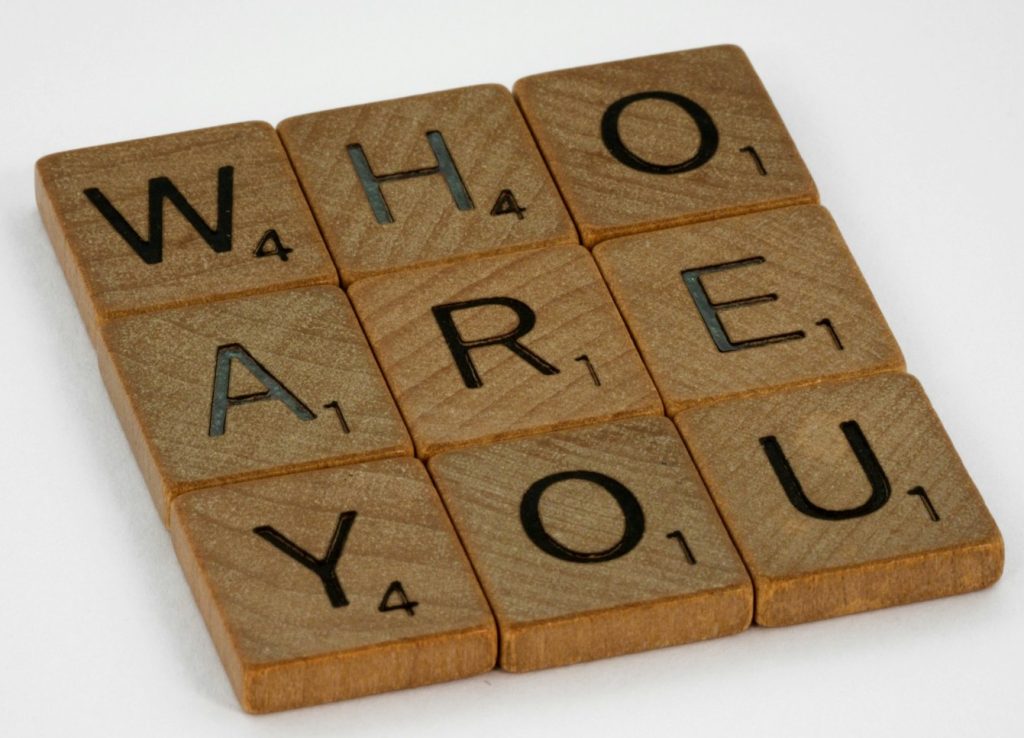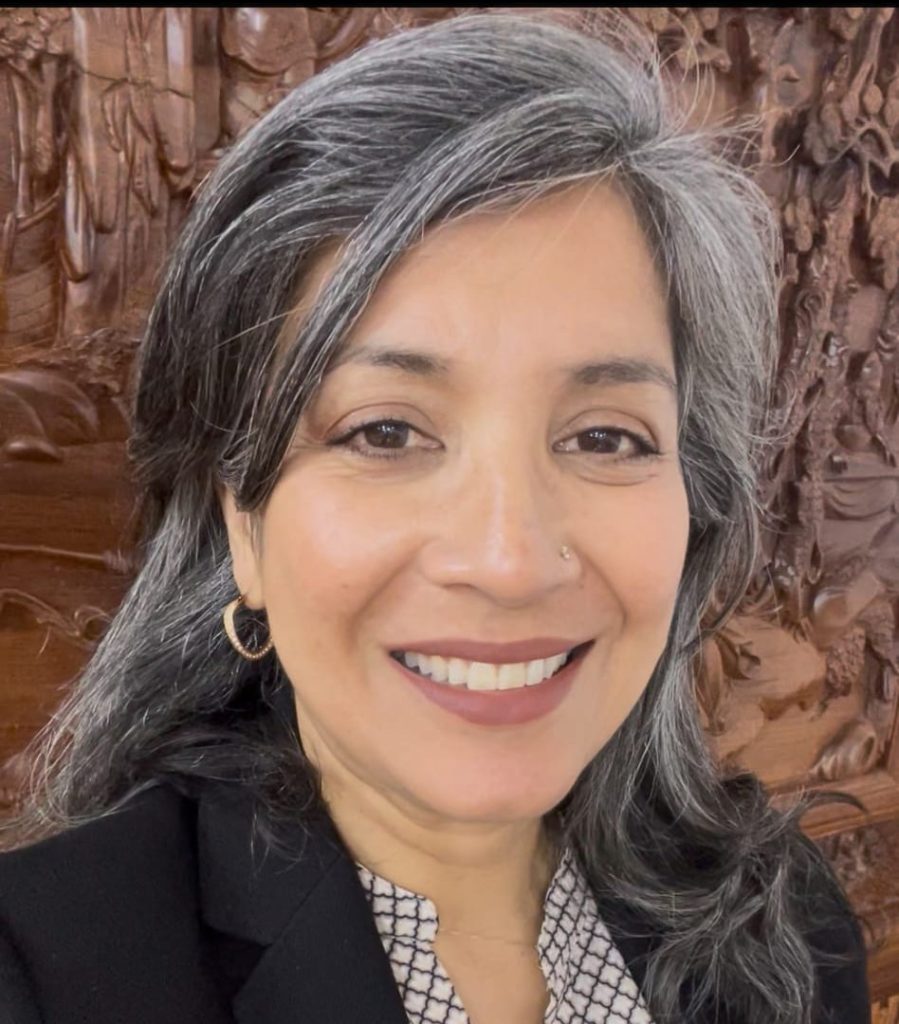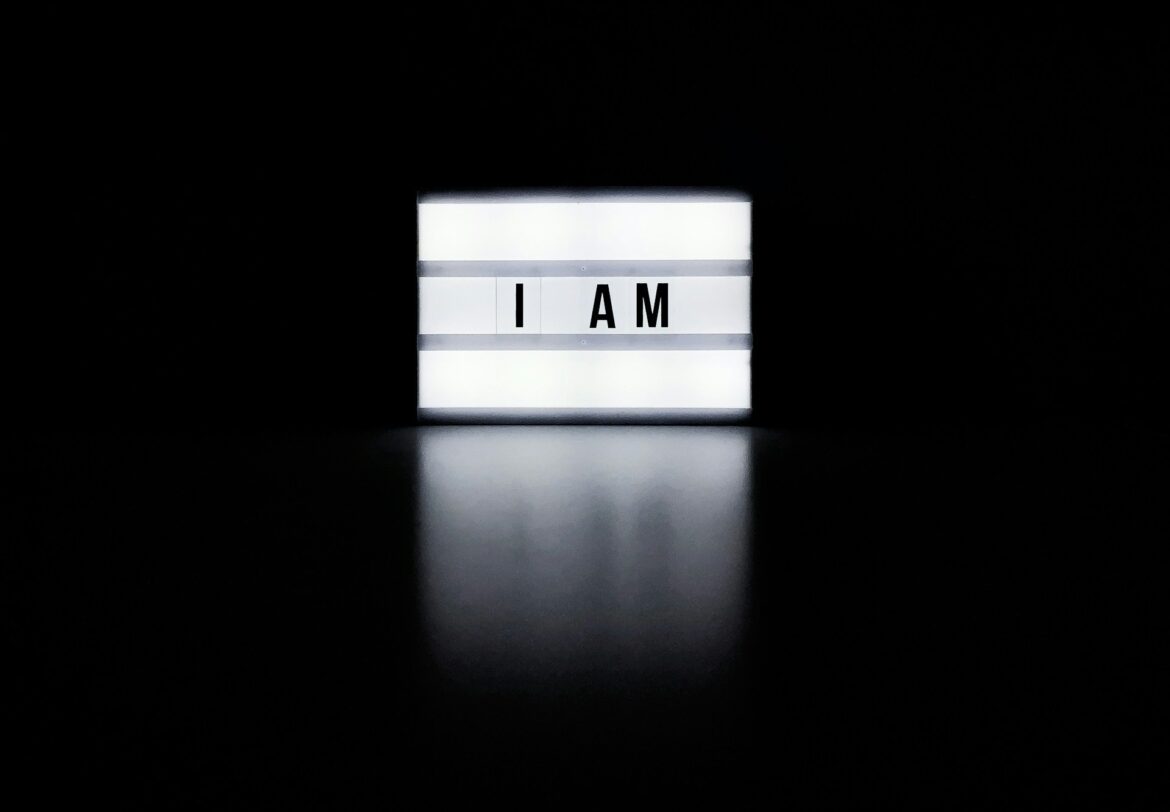THE ROLES WE PLAY
FINDING OURSELVES AS INTERNATIONAL EDUCATORS
Dr Tanya Nizam looks at how the different roles we play as international educators can obscure our most effective teaching tool: being ourselves.
Appearance and reality
Living and teaching abroad is often described as adventurous, even glamorous. We raise our children across continents, navigate cultural shifts, and bring our professional skills into diverse international schools. On the surface, it looks like we are thriving — adaptable, resilient, endlessly resourceful.
But beneath it all lies a quieter, more personal question that so many international educators struggle with:
Who am I beneath all these roles?
Early realisation
I was only eight years old when I first sensed this puzzle of identity. My family had just moved from England to Bangladesh, and I was dropped into a new school playground. The local children invited me to play Crocodile, Crocodile, a game of tag. In my imagination, the crocodile was Peter Pan’s cheeky, ticking reptile. But for my classmates, it was something darker — a shadowy predator lurking in murky water.
We were playing the same game, but our inner pictures were completely different.
That day I realised something profound: the way I saw myself — and the world — wasn’t always how others saw it. My inner world and theirs didn’t line up. And that mismatch would follow me throughout my life.
Belonging in pieces
As a teenager in the UK, I noticed this again. My English cousins saw me one way, my Bangladeshi relatives another. I didn’t quite fit neatly into either picture.
High school was the one environment where I understood my role clearly. I knew what was required of me, how to succeed, how to “play the game.” And I did it well — top grades, a place at a prestigious university.
But at university, the ground shifted. Suddenly, there were no fixed roles. Identities were fluid, people tried on different versions of themselves. I longed to fit in, but I wasn’t sure who I was supposed to be anymore.
Later, as I entered the workplace in the UK, the lesson deepened: what was praised in one context could be judged differently in another. Confidence in one space could be labelled arrogance in another; quietness could be misread as weakness.

Master of adaptation
When I began teaching in international schools, moving with my family across continents, these shifts only multiplied. Some countries and schools felt easy — I could slip into my role as a teacher or leader and feel aligned. In others, I never quite synced, no matter how hard I tried. Sometimes I found supportive colleagues; other times I found resistance or even bullying.
Through it all, I became a master of adaptation. I could read expectations quickly and adjust myself to fit them. And for years, I thought this was a strength. But over time, I noticed the cost. I had become so skilled at moulding myself to fit external roles that I barely noticed how far I’d drifted from myself.
A subtle trap
By the time I was living and working in China, I thought I had it all figured out. I knew the rhythms of expat life, how to integrate into new schools, how to balance work and family across cultures. But here’s what I didn’t realise: I wasn’t just meeting expectations. I was performing the roles I imagined were expected of me. As a school leader, I acted out what I thought “strong international leadership” should look like. Among colleagues, I played the part of the endlessly resilient expat. Even socially, I shifted depending on whether I was with local friends, expat friends, or my own children’s networks.
And the realisation hit me:
Much of my life had been shaped not by who I really was, but by who I thought others thought I was.
The looking-glass self
This insight aligned with a concept in psychology by Charles Horton Cooley called the “looking-glass self.” He explained that our self-concept isn’t just who we think we are, or who others think we are. It’s who we believe others think we are.
In international schools, this plays out daily. Teachers and leaders are constantly navigating the gaze of parents, boards, colleagues, students, and cultural expectations. And it’s easy to get lost in the mirror of imagined perceptions.
Aha moments
My aha moments came slowly.
- Watching my own children adapt across schools and cultures, I noticed how much energy it took for them to “fit” different roles.
- Reflecting on my own career, I saw how often I chased external validation — the supportive boss who lifted me up, the critical one who pulled me down.
- Sitting in moments of stillness, I began to notice the space between my thoughts — the part of me untouched by roles, labels, or expectations.
That’s when it clicked:
Authenticity isn’t something you find in the right role or the right environment. It’s something you remember, by coming back to yourself.
Coming home to ourselves
For international school teachers, this is more than personal reflection. It’s survival.
We juggle multiple worlds — professional demands, school communities, friendships that change with every move, and children who are also navigating identities across cultures. It’s no wonder we can feel pulled in a hundred directions.
But when you begin by identifying with yourself — your values, your natural way of being, your true centre — everything else becomes lighter.
- You teach from a place of calm authority, not performance.
- You build genuine relationships with students, parents, and colleagues.
- You model for your children what it looks like to be anchored in yourself.
- You stop exhausting yourself by chasing external approval.
Because the truth is, our roles will always keep changing. But when we come home to ourselves first, we can step into any role without losing who we are.
Your role begins with you
So, pause for a moment. Forget the school board’s expectations, the parent WhatsApp group, even the well-meaning advice from friends and family. Ask yourself:
Who am I, beneath all the roles I play?
The answer isn’t out there. It’s already within you.
And when you start living from that place, you don’t just become a stronger teacher, leader, or parent. You become a more grounded, whole version of yourself — the one who can truly thrive, no matter where in the world you are.

Dr Tanya Nizam EdD, MSc (Psych), NPQH is a Certified LifeCoach, Meditation & Reiki Teacher.
She is the founder of the Grounded Renewal Programme , a 60-day roadmap designed for teachers, leaders and parents designed to enhance personal effectiveness while living and working internationally.
FEATURE IMAGE: by Felicia Buitenwerf on Unsplash
Support Image: by Brett Jordan on Unsplash
The post WHO AM I? appeared first on Consilium Education.


